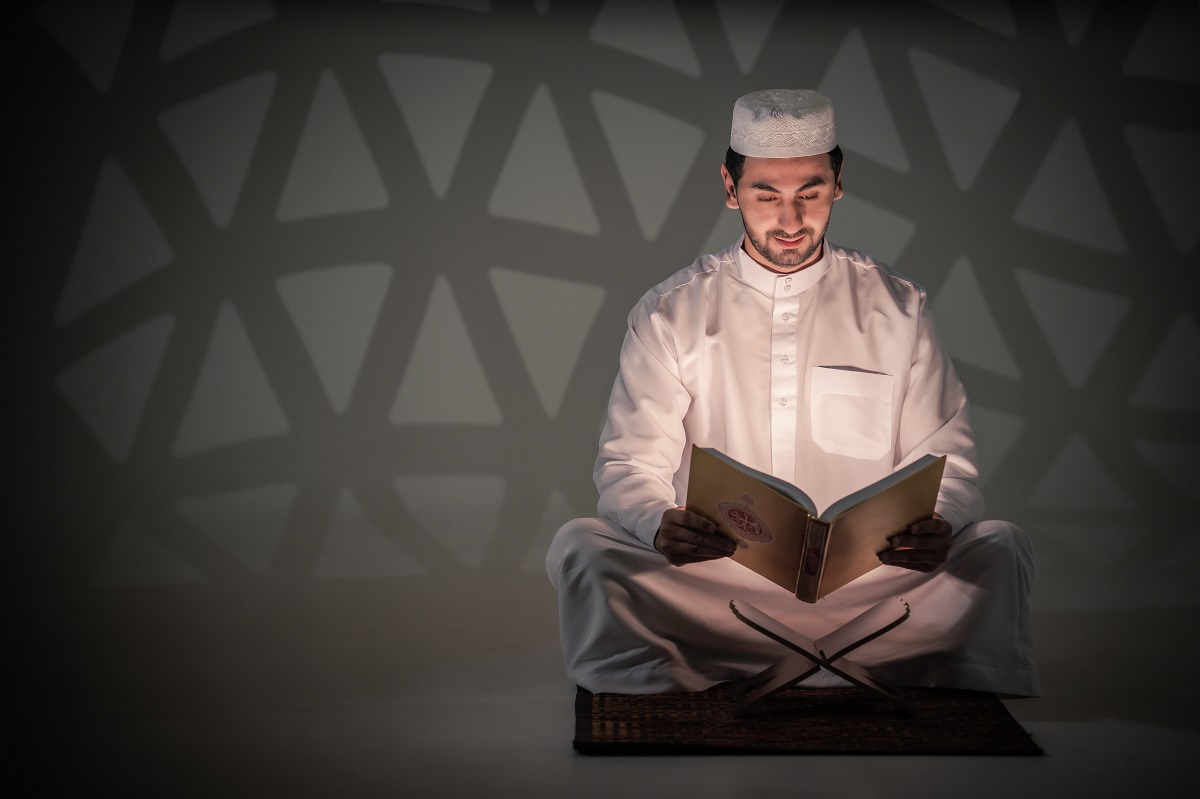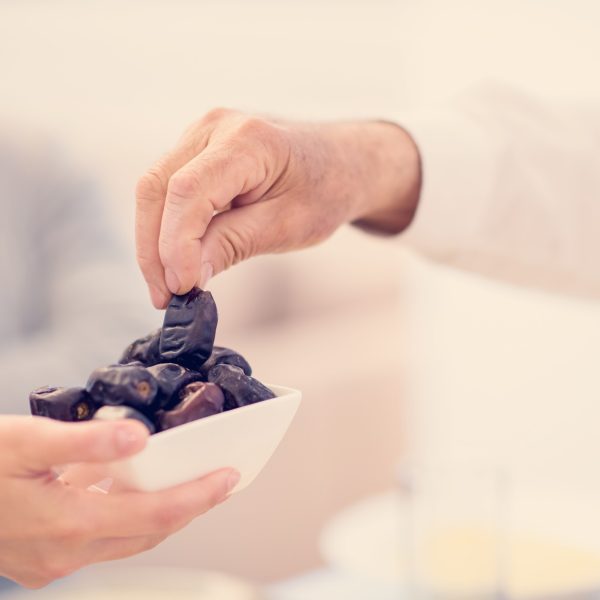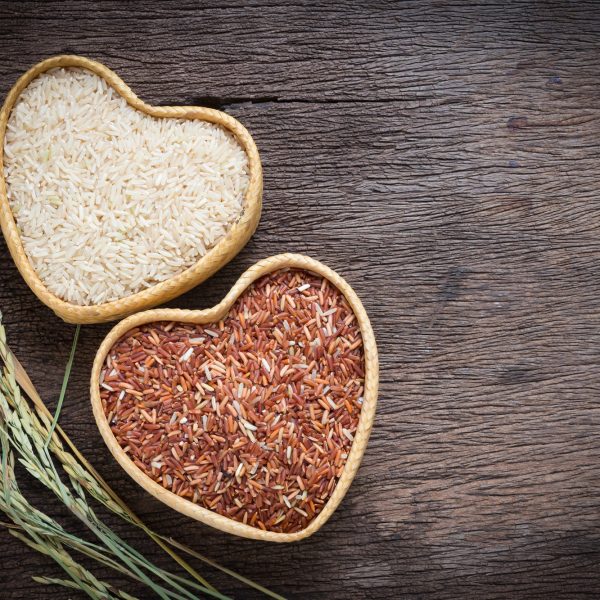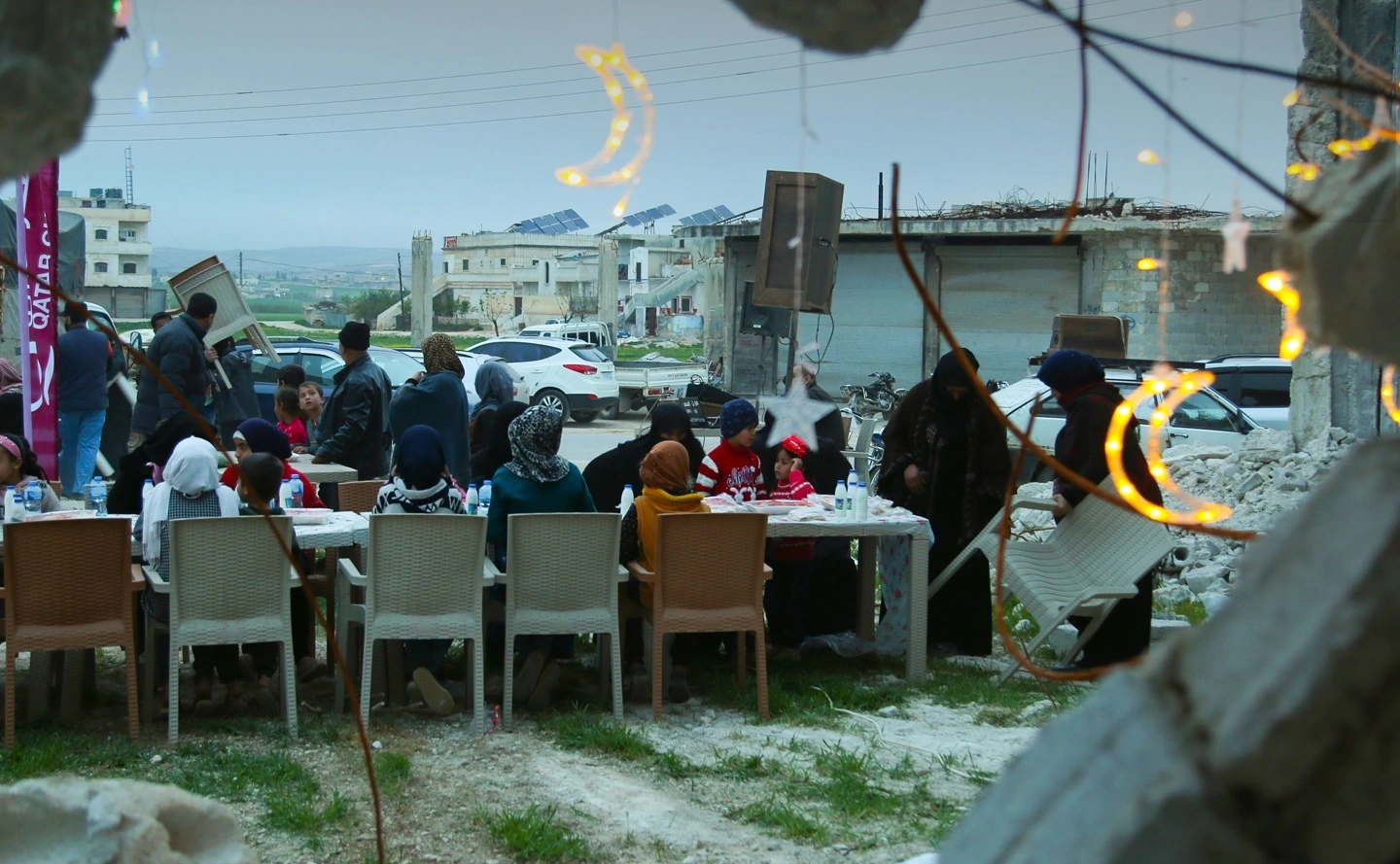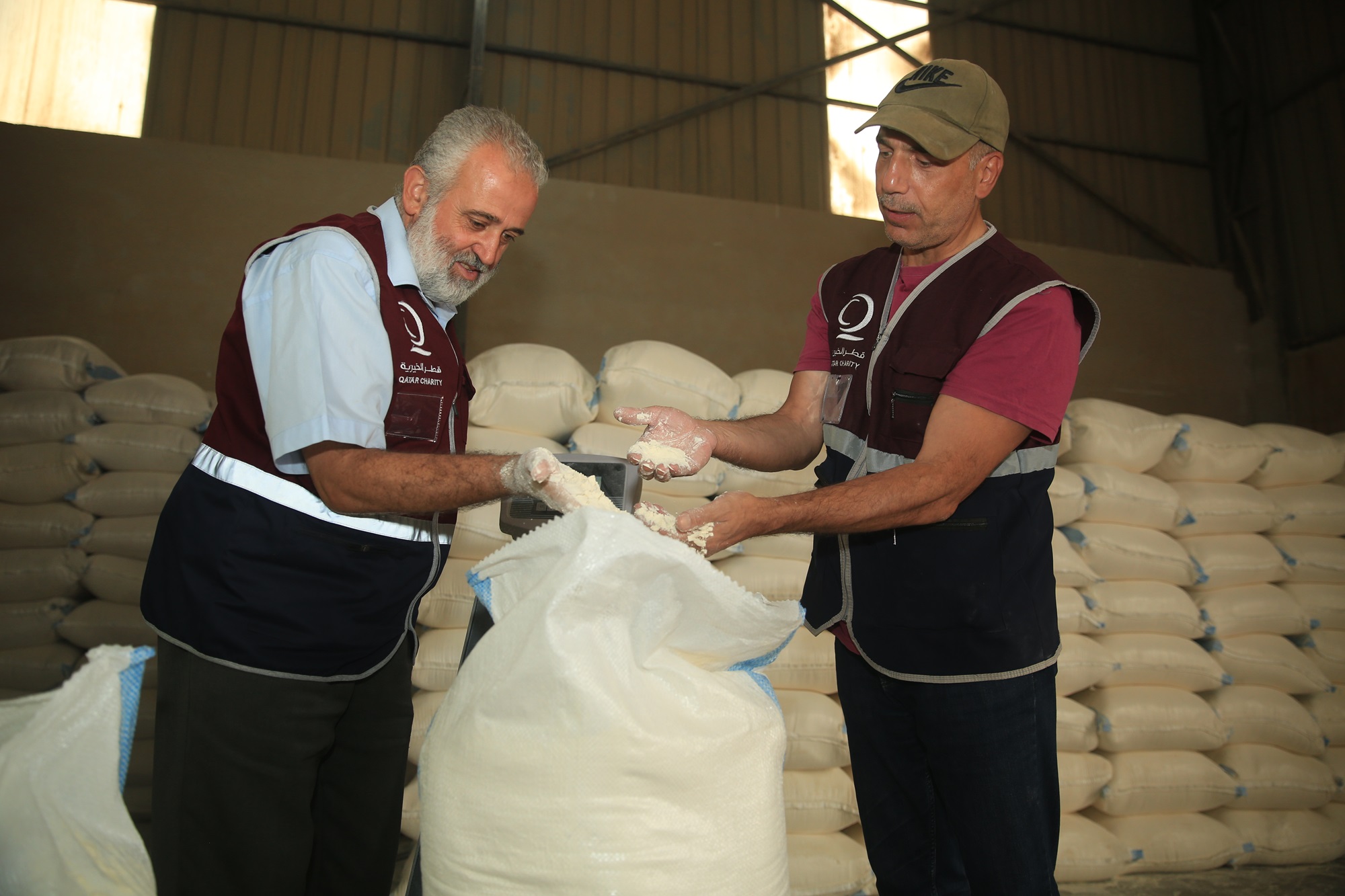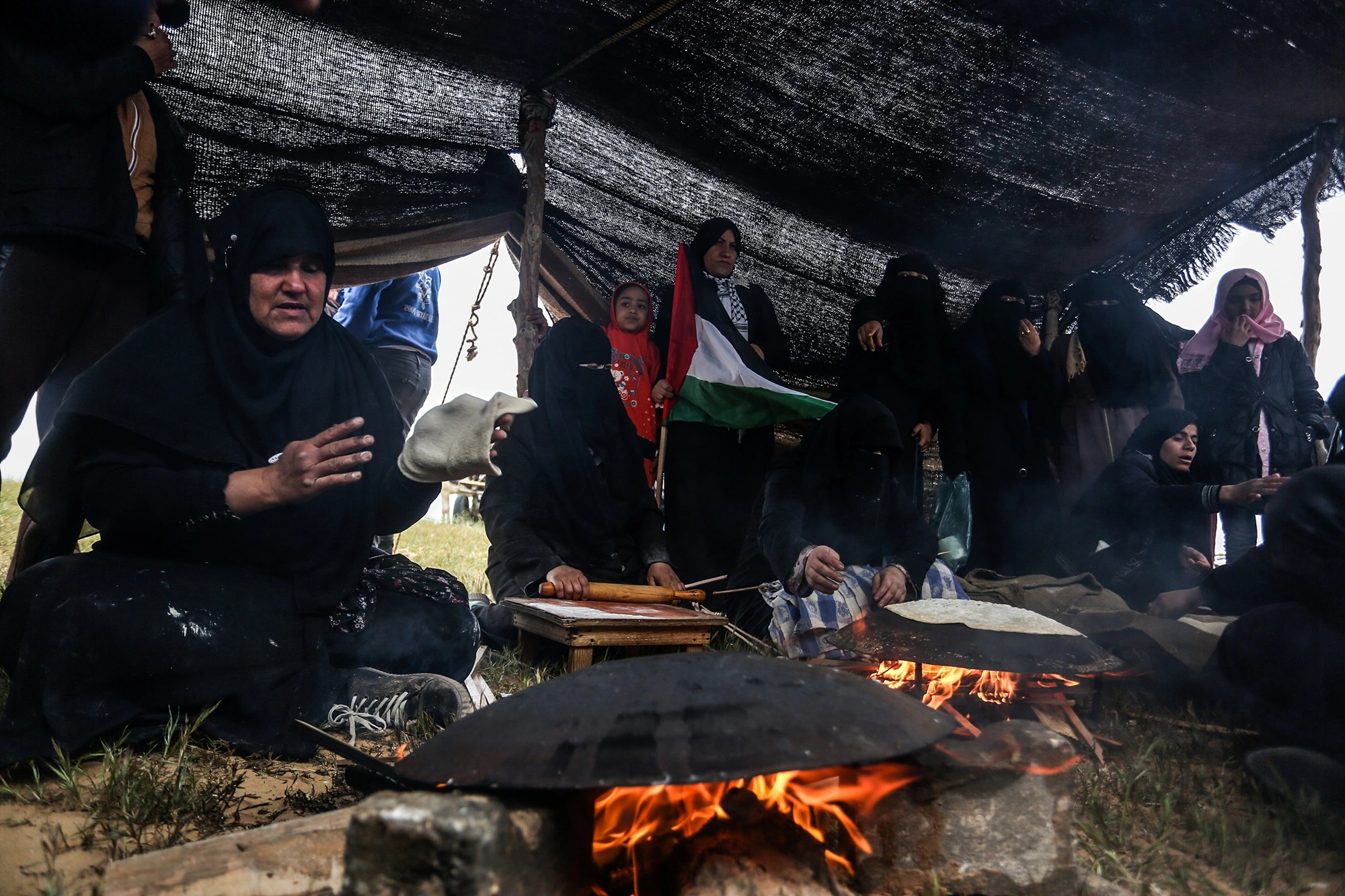It is widely agreed among scholars that Ramadan is the most virtuous month of the Islamic calendar. Moreover, they concur that the Last Ten Days of Ramadan are the most excellent of the entire month, with Laylatul Qadr being the most significant night of the year. These ten days are regarded as the pinnacle of excellence and the best of the best.
Table of contents
In the Qur’an, Laylatul Qadr is described as being “better than a thousand months” (Al-Qadr: 3). Any act performed on this night, such as reciting the Qur’an or remembering Allah, is worth more than acting for one thousand months that do not contain the night of Qadr.
Virtues of the Last Ten Days
These nights are considered the best of the year, universally recognized as being full of goodness, rewards, and excellence. They are characterized by generosity, abundant blessings, and immense rewards. These nights combine the virtues of time, worship, and reward. They are filled with blessings that remove obstacles, answer prayers, and relieve souls from suffering. These nights are part of the last ten days of Ramadan, during which the Prophet (peace be upon him) would make special preparations, exerting greater effort than at any other time.
Striving in the Last Ten Days of Ramadan:
The Sunnah encourages Muslims to engage in more worship during the last ten days of Ramadan, particularly on Laylat al-Qadr, which is considered better than a thousand months. Aisha (may Allah be pleased with her) narrated that the Prophet (peace be upon him) used to increase his worship during the last ten days more than any other time. He would even tighten his waist belt to show his dedication to worship and his withdrawal from worldly distractions.
The Prophet, peace and blessings be upon him, said: “Whoever prays during the night of Qadr with faith and hoping for its reward will have all of his previous sins forgiven.” (Narrated by Bukhari and Muslim on the authority of Abu Hurairah).
1. Striving
During these days, the Prophet, peace and blessings be upon him, used to engage in even more worship than usual, as narrated by Aisha. He would spend the entire night in various forms of worship and would wake his family up for prayer and remembrance.
2. Seclusion
The Prophet, peace and blessings be upon him, would often engage in Itikaf, a spiritual retreat in the mosque. During Itikaf, one abstains from worldly affairs and focuses solely on obedience to Allah. This involves performing various forms of Zikr (the remembrance of Allah), such as doing extra Salat, recitation, and study of the Qur’an. Itikaf requires one to stay in the mosque for the entire duration, and one does not go outside except in case of emergencies. It is encouraged to engage in Itikaf for shorter periods as well, such as one night, a day, or a couple of days.
3. Seeking Laylat al-Qadr
The Prophet (peace and blessings upon him) was dedicated to worship and seclusion during certain days in anticipation of Laylat al-Qadr. It is believed to be a night of divine decree, which determines the fate and provisions of all beings. This night is said to be better than a thousand months.
Conclusion
The final ten days of Ramadan carry great importance in Islamic tradition. During this time, Muslims devote themselves more intensely to their faith, seek seclusion, and anticipate Laylat al-Qadr, a night of great spiritual significance. The Prophet’s exemplary practices during this period serve as guidance for Muslims who aim to grow spiritually and draw closer to Allah.


